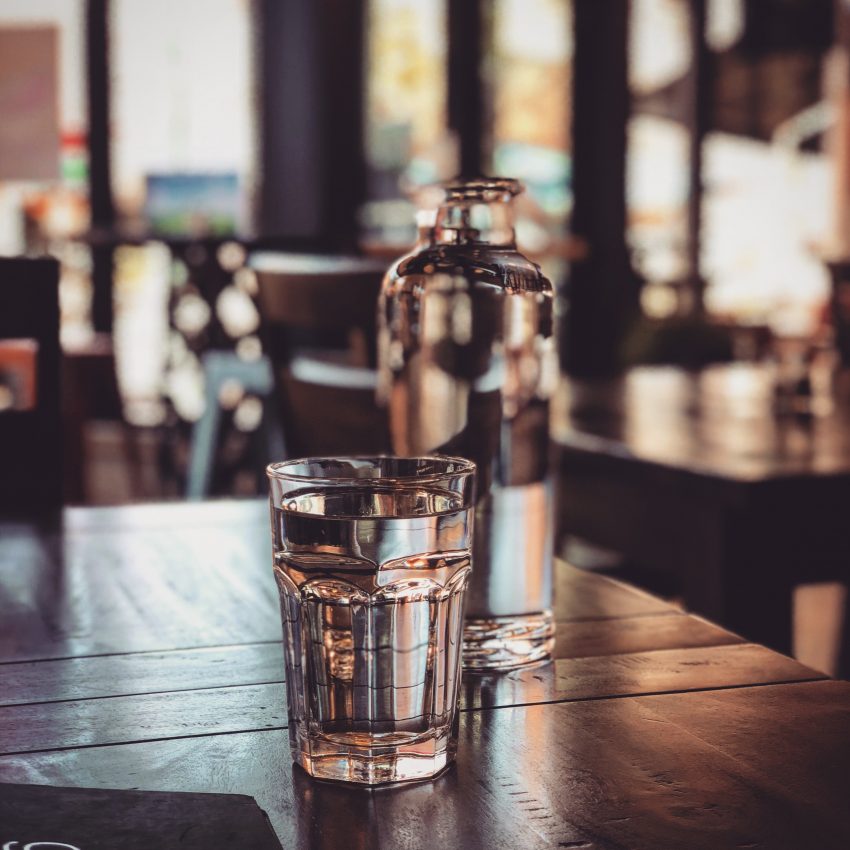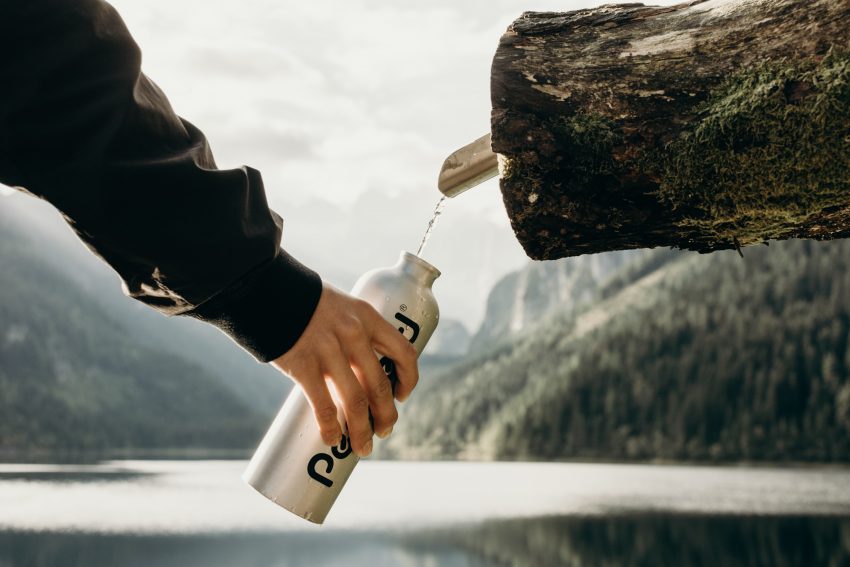Since humans need the most precious resource, water to survive, and water and climate change are inextricably linked, World Water Day, which was first held on 22 March in 1993, became an annual observance day with the aim of highlighting the importance of freshwater. This year’s theme is Nature and Climate Change.
The demand for water grows together with the global population, and according to unwater.org, water availability is becoming less predictable in many places around the world due to climate change. At the same time, increased incidences of flooding threaten to destroy water points and sanitation facilities while also contaminating water sources. The solution lies in our hands: we must protect oceans and wetlands, adopt climate-smart agricultural techniques, and increase the safe reuse of wastewater. It is also important to balance all of society’s water needs with special attention to third world countries.
What happens if you don’t drink enough?
While the health benefits of water consumption are unquestionable, too many of us do not drink enough water on a daily basis. Research shows that as little as 1% dehydration affects your mood, attention, memory, and motor coordination negatively. Blood becomes more concentrated, and the thicker it gets, the harder it will be for your cardiovascular system to compensate, while your heart rate will increase to maintain blood pressure. There is a list of other consequences: dry skin, dry eyes, joint pain, headache, and premature aging which will eventually give way to grumpiness, and mental and physical decline.

Increase your daily water intake
The amount you need to drink depends on several factors: how active you are, where you live, your overall health, metabolism, diet, and so on. In case you are uncertain, the colour of your pee can tell whether you are drinking enough or not. If it is clear or pale yellow, it means you are all set, but darker means you need to drink more. The recommended water intake defined by the Institute of Medicine is somewhere around 2.7 litres for adult women and 3.7 for men.

How to stay hydrated?
Look for ways to build drinking water into your day, for instance by making water your go-to drink. Try to drink a glass of water between each meal, set an hourly reminder on your phone, carry a water bottle, download an application, or leave post-it notes for yourself in the places where you spend most of your time. Don’t forget: sometimes the body confuses thirst for hunger, so if you are hankering for a snack, have water instead.
Did you know?
By the time you feel thirsty, your body is already dehydrated. The recommended amount of water one should drink every day covers fluids from water, other beverages and food. About 20% of your daily fluid intake comes from food.